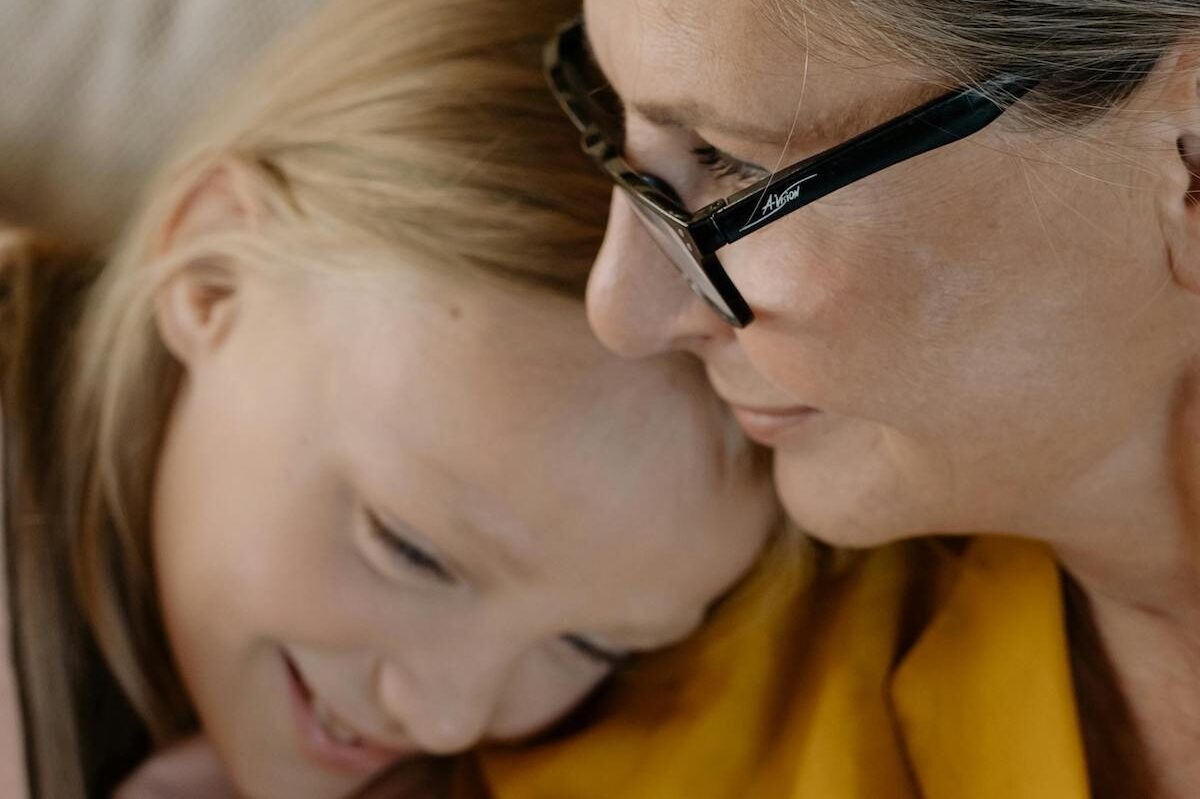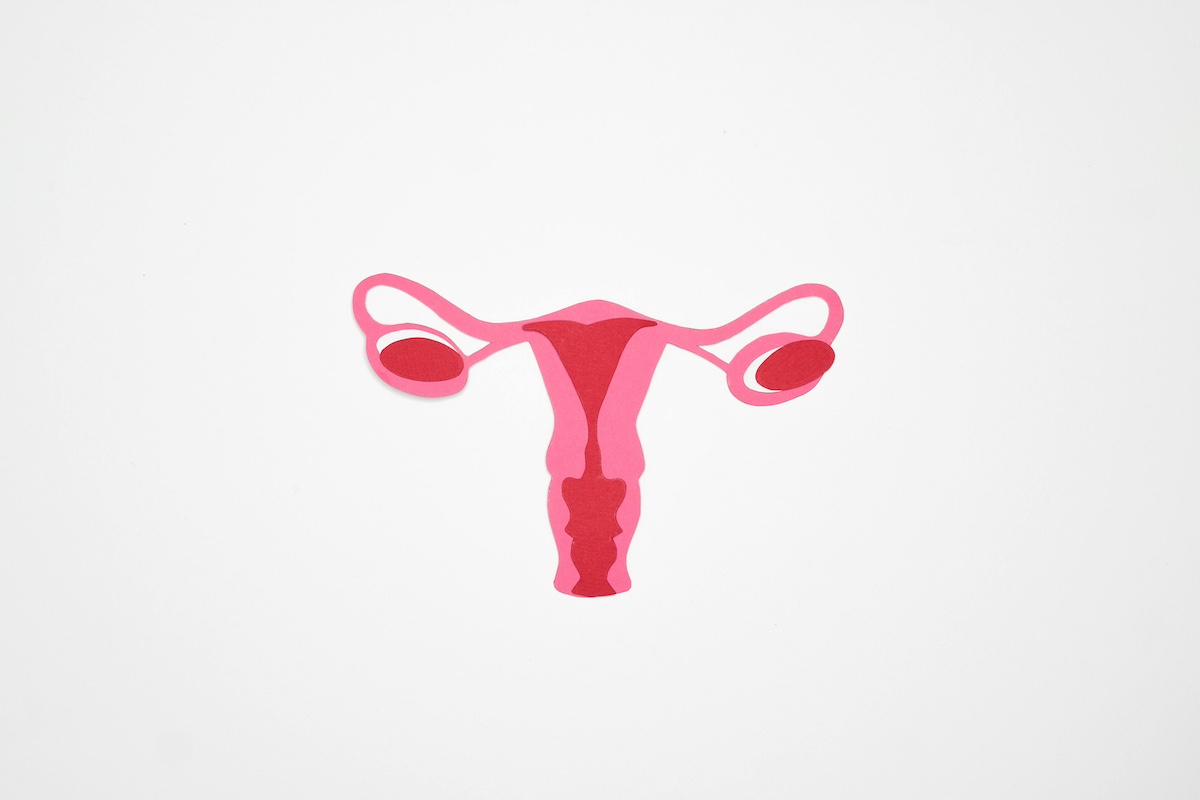My 13-year-old daughter just started her period. I have heard that women who live or work closely together will have their period at the same time. Is it true that my period is going to change to line up with my daughter’s? What happens when her 10-year-old sister gets a period too?
—Afraid of PMS x3
This is a very common belief among women, in part because there was medical literature published suggesting it was true. The first reports of menstrual syncing were published in 1971. Many subsequent studies reported similar findings. Everyone had a theory on why this might be beneficial — one such theory is that if women are fertile at the same time, it allows more males to father babies, because one alpha male can’t be having sex with multiple women at the exact same time.
However, as early as 1992, questions about the study methods used in the 1971 study began to surface. Researchers noted that the 1971 study enrolled women who began living in close proximity to one another. They looked at how far apart in days their first period was upon living together. For example, if I start my period on April 10 and you start your period on April 15, that would be a difference of five days.
After several months, they looked at the onset of the women’s periods again. Perhaps the first day of my period is now October 3 and the first day of your period is October 1. That is a difference of two days. The decrease in the difference in period onset was considered evidence of cycle synchronization, but no data was collected in between the first and last cycles in the study.
In 2006 a study appeared in Human Nature that refuted the 1971 data. In that study, the authors used two methods to determine whether cycle synchronization occurs. First they collected menstrual data from 29 groups of four to eight women living in dorms on the campus of a Chinese university for 15 months. They collected the data regarding the onset of every single period of every woman in the study, and they collected that data from the women monthly throughout the duration of the study. They did not find menstrual synchronicity among the women.
Based on that data, they also showed that if two women started their period on the same day and were close friends or roommates, their periods would not continue to occur on the same day more than you would expect based on chance. Further evidence that cycle synchronization does not occur.
In a nutshell, no, you and your daughters will not necessarily have your periods at the same time, and if you do, you can be pretty sure it is just a coincidence.
Community Guidelines




















Log in